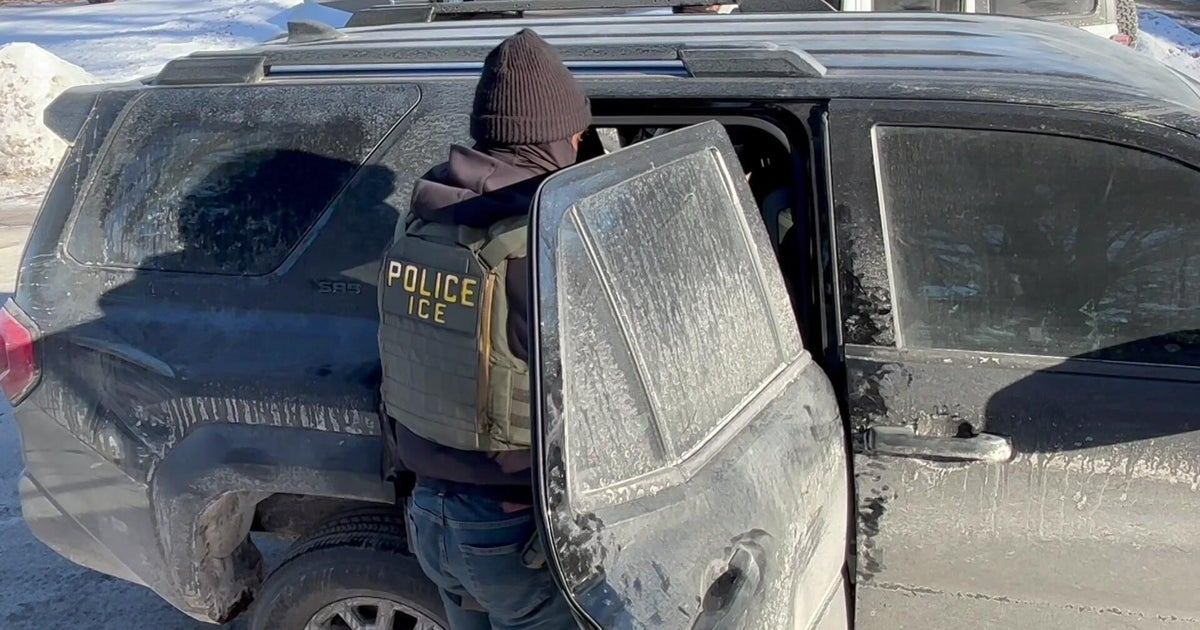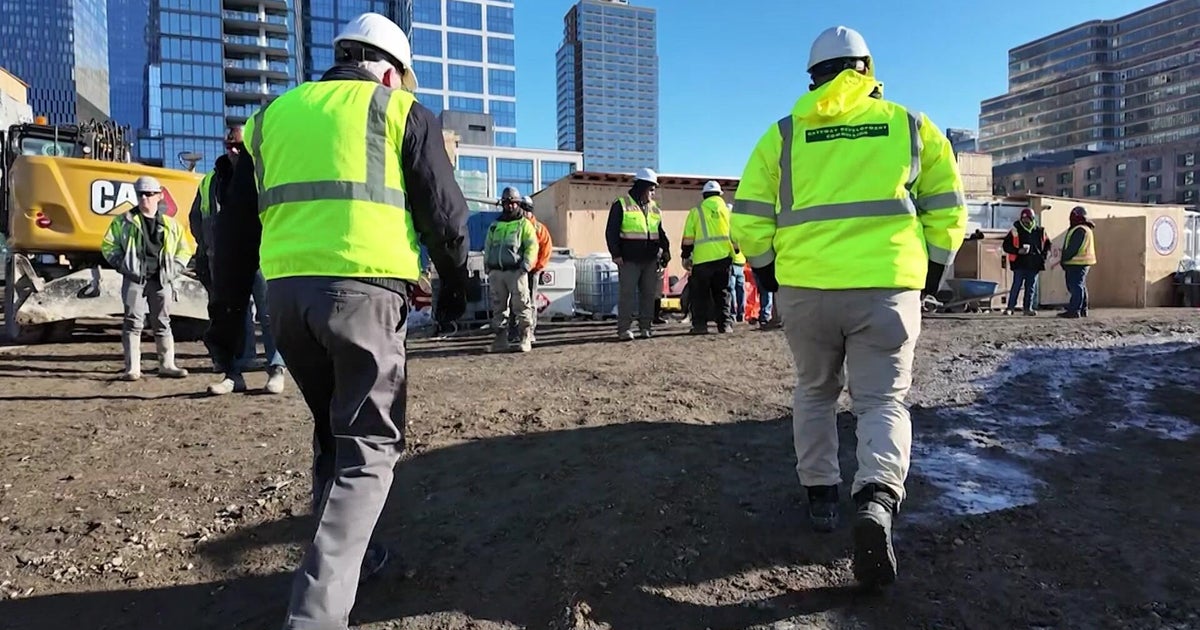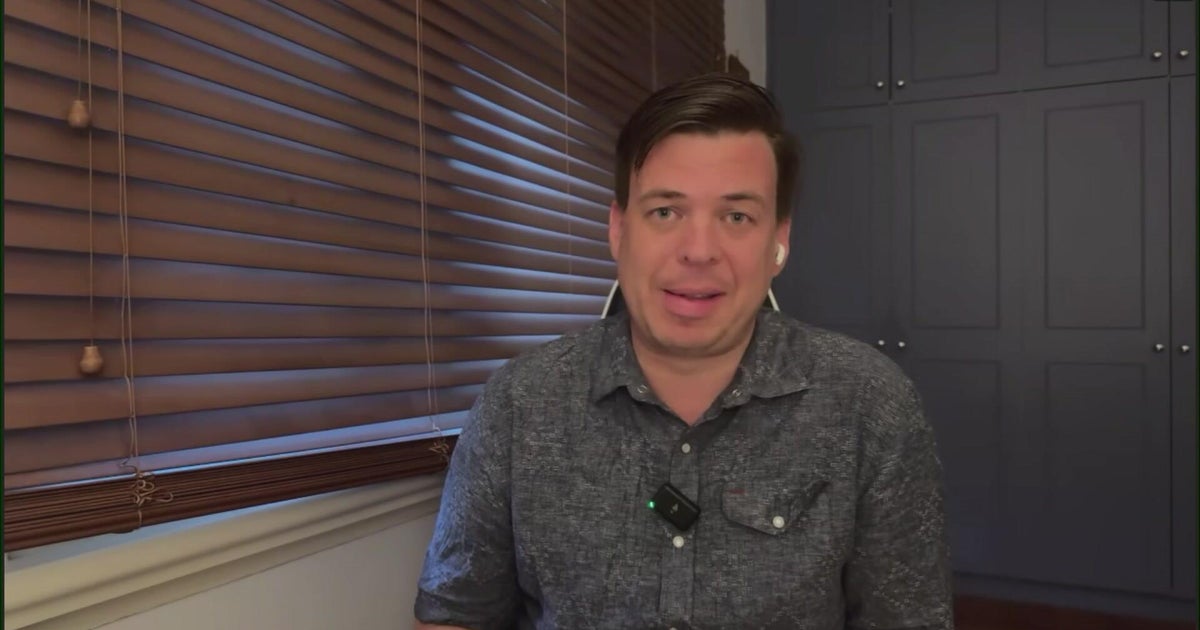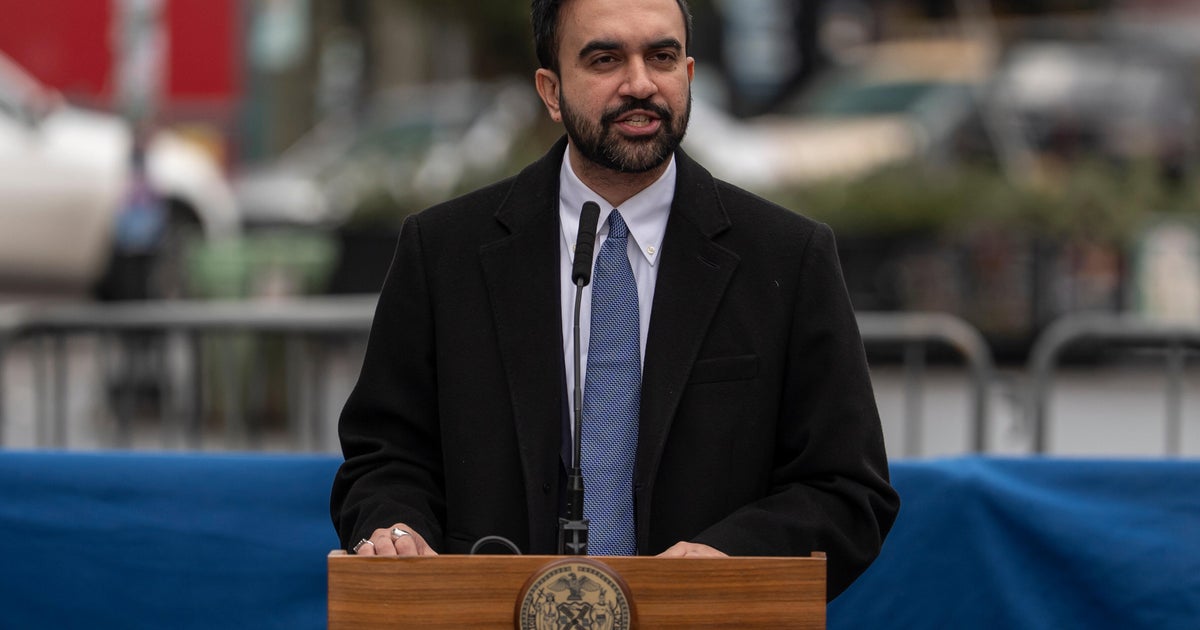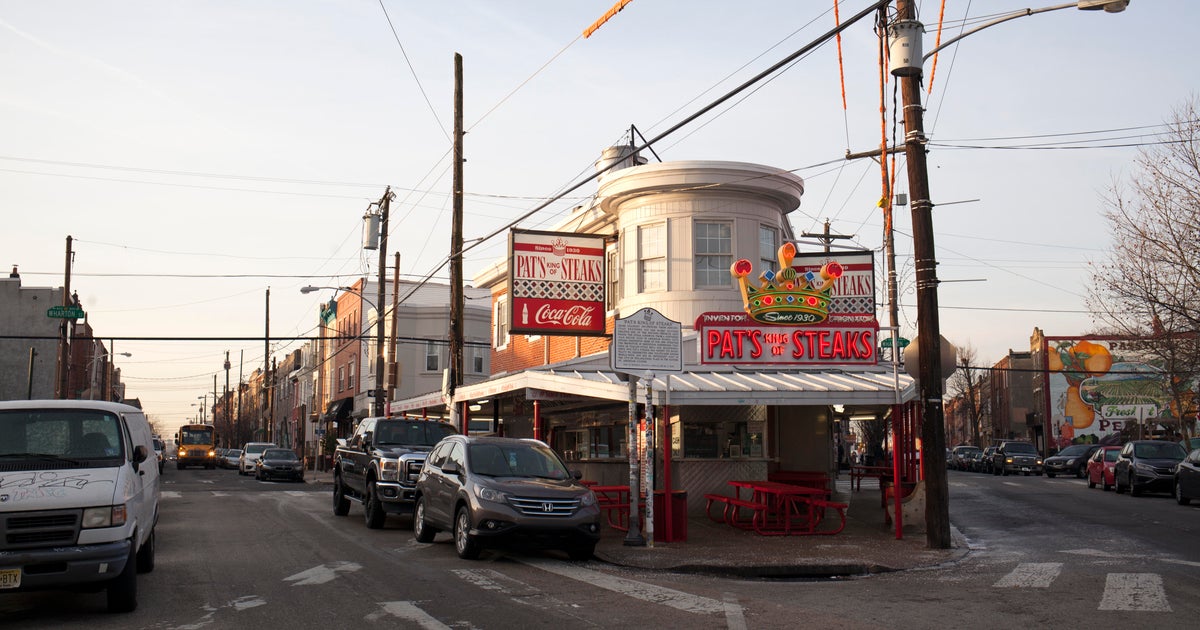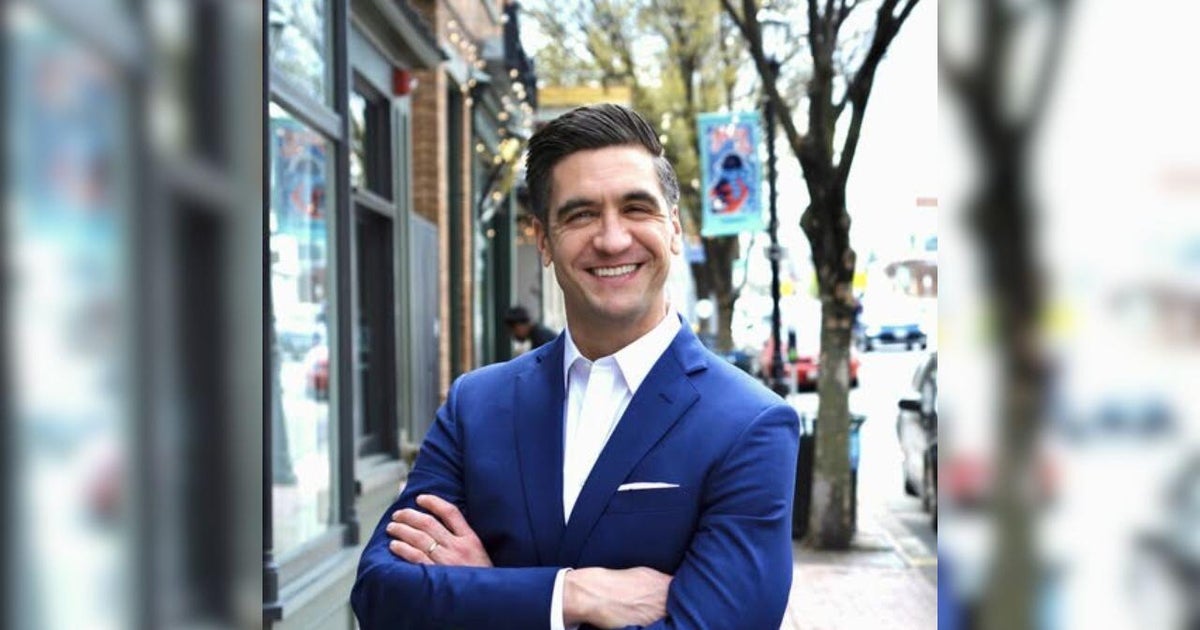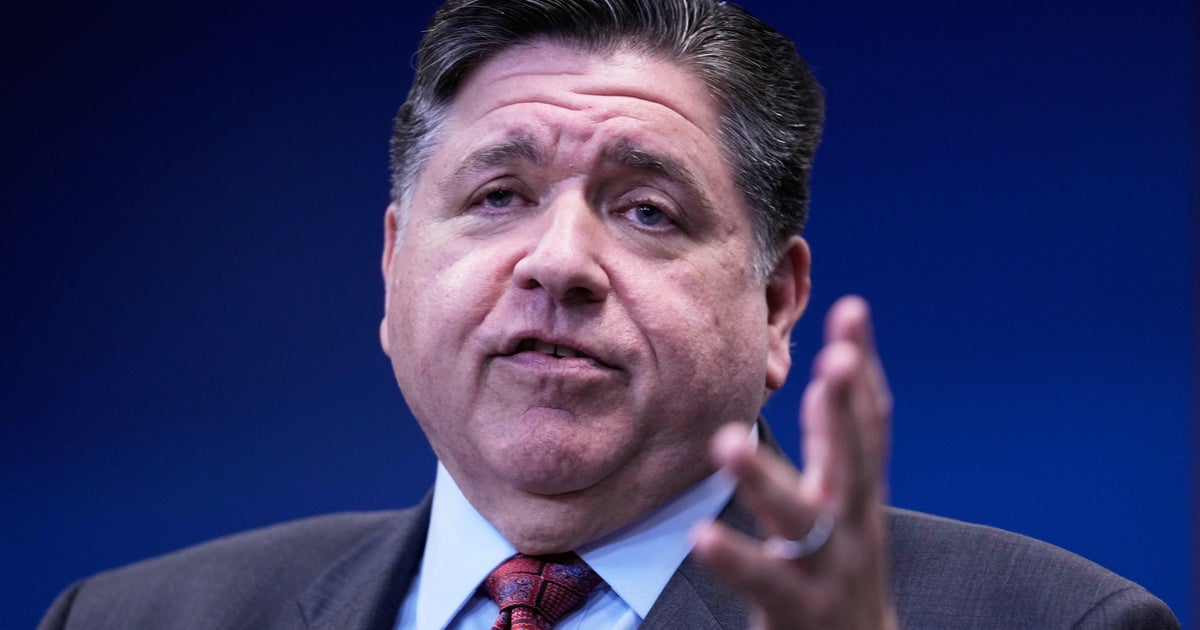Dayton: $1.4B Bonding Bill Would Add Nearly 40K Jobs
MINNEAPOLIS (WCCO) -- Minnesota Democratic Gov. Mark Dayton unveiled a massive $1.4 billion construction package Friday.
He says it will generate 39,000 new jobs. The plan includes hundreds of projects in every part of the state, even though Republican critics say it ignores the state's largest need.
The state has a strong economy, a healthy budget surplus and low interest rates.
Dayton says there is no better time than now to borrow the money to fix state buildings.
"So I urge the legislature to be wise. I urge the legislature to look beyond the politics of 2016, and the talking points for re-elections and say, 'What does Minnesota need?'" Dayton said.
The largest total dollars go for higher education buildings and repairs. The University of Minnesota would get $153 million, and $190 million would go for work at state colleges and universities.
"If we want a world-class higher education system, which we do, and we want our young people who have options whether to go to college at the University of Minnesota or one of the neighboring states or somewhere else, we got to have world-class facilities," Dayton said.
Minnesota prisons would get $53 million for renovations, and $70 million would go for security upgrades at the Minnesota Security Hospital in St. Peter, which treats people who are committed as mentally ill and dangerous.
Oil train railroad crossings would get $75 million in upgrades, and $73 million would go to rebuild two bridges in Minneapolis and St. Paul.
But the bonding bill does not include money for road construction -- the No. 1 priority for Republicans. They expressed shock at its absence, despite the $1.4-billion price tag.
"It's very surprising," said House Majority Leader Rep. Joyce Peppin. "I was surprised to see things like ski lifts and a ski ramp in the bonding bill, but not any money for transportation. It says to me that maybe it's not a priority for him like it is in our caucus."
Dayton says he received almost $4 billion in project requests. The legislature meets in March to start adding or subtracting from the list.
